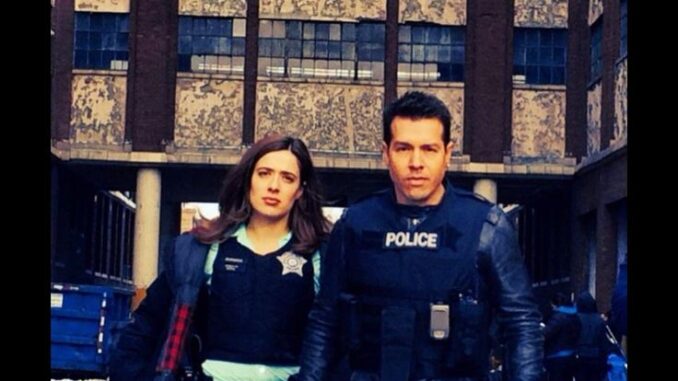
Chicago P.D. Season 12 has been a thrilling, emotional, and at times, flawless ride—until it wasn’t. For eleven weeks straight, fans were gripped by expertly woven storylines, heart-pounding action, and compelling character development that hinted this season could be one of the show’s best. And yet, the finale—the one episode meant to tie it all together—managed to spark frustration and confusion among even the most loyal viewers. What happened? How did a nearly perfect season stumble right at the finish line?
One of the season’s biggest wins was its handling of character trauma. In previous seasons, recovery from near-death experiences or emotional turmoil often took a back seat. But not this time. Ruzek’s slow return to the Intelligence Unit after being shot was layered and believable, capturing the psychological toll such an event would have. He wasn’t just back in the field after a week—he struggled, both physically and emotionally. That realism added weight to his storyline and made his eventual comeback feel earned.
Even better, the writers managed to keep the show’s trademark tension alive. From hostage situations to murder investigations that had personal consequences, each episode maintained high stakes without veering into melodrama. And perhaps most impressively, the show continued to balance action with ethical dilemmas—a Chicago P.D. trademark. Voight, as always, remained at the center of the storm. His ongoing inner conflict between doing what’s legal and what’s “right” continued to evolve, with Season 12 offering glimpses into a man who is both feared and, increasingly, unsure of the very system he once manipulated so effectively.
The core issue? The season’s major storylines were left dangling. Ruzek’s mental recovery—arguably one of the strongest arcs of the season—was sidelined in favor of a last-minute twist involving a case that didn’t feel connected to the emotional groundwork laid in previous episodes. Kim’s progress toward leadership was abruptly halted with no real explanation. Voight, who had been teetering on the edge of a moral cliff all season, was suddenly back to playing the cold enforcer without much internal conflict. Even the pacing of the episode was off. What should have felt like a slow-burning crescendo instead played out like a checklist. A crime to solve? Check. A team moment? Check. A teaser for next season? Check. But none of it had the emotional impact fans were expecting—or deserved.

Social media lit up after the finale aired. Some fans expressed their disappointment, calling the episode “a betrayal of everything Season 12 had built.” Others defended it, arguing that the season’s strengths outweighed its stumble at the end. The most common sentiment? Confusion. Viewers felt like the writers had been building to something bigger—perhaps a major character exit, a team shift, or a seismic personal event. But what they got instead felt like a placeholder.
If the finale failed to satisfy, it certainly succeeded in setting the stage for uncertainty. Questions remain: Will Burgess get the promotion she so clearly deserves? Is Ruzek truly healed, or just burying his trauma deeper? Will Voight’s grip on the team—and his sanity—hold for another season? There are also rumors swirling about cast changes and behind-the-scenes shakeups. If Marina Squerciati (Burgess) is truly leaving, as has been speculated, the finale did little to lay that groundwork. Similarly, fans expected some sort of cliffhanger involving Torres or even a surprise cameo. None came.
Season 12 of Chicago P.D. was, for the most part, a near-perfect blend of tension, emotion, and character development. It managed to breathe new life into long-standing characters, introduce fresh faces with finesse, and keep viewers on the edge of their seats week after week. But when it came time to deliver the final emotional punch, it pulled back—and the impact was lost. Still, that doesn’t erase the season’s achievements. Season 12 showed what Chicago P.D. can be when it’s at its best: gritty, emotional, and deeply human. If the finale is a stumble, let’s hope it’s one the writers learn from—because fans are still all in. All that’s left is to wait, hope, and speculate as we look toward Season 13. And if Chicago P.D. has taught us anything, it’s that redemption—like justice—is always possible, even after a misstep.
